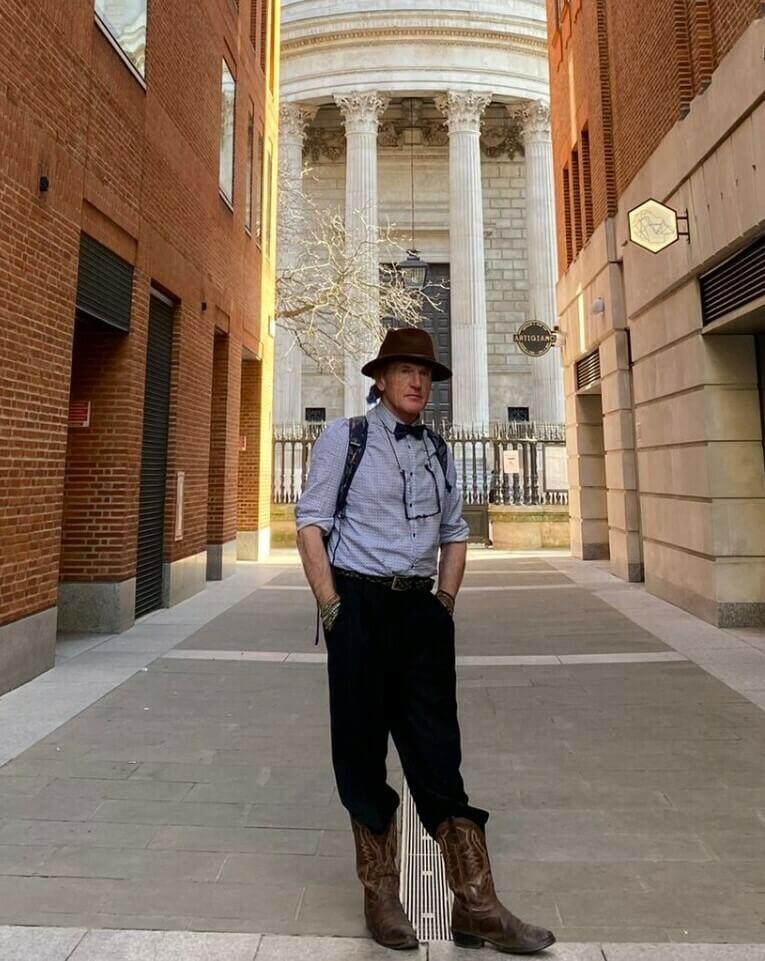
Lucien Steil is an author, educator and architect dedicated to the design and building of healthy, durable, and beautiful places and buildings in a world of many and diverse inspiring traditions and cultures. He believes traditional cities and architecture have always been the ideals of harmony and beauty in a destabilized, disrupted world. For him traditional cities and architecture have remained desirable models of cultural identity, home, urbanity, and civilization.
He maintains that the traditional city remains a good and desirable place to live, and that tradition is a good home for modernity and originality. It has proven to be perfectly compatible with modern life, despite an array of pressing challenges, to be considered as opportunities rather than as limitations. For Lucien Steil, ‘this is both a tangible reality, time-tested and perfected, and a realistic, buildable, operational and necessary project for contemporary civilization’. Rather than becoming obsolete, the traditional city has suddenly gained a new actuality as a remedy to the ‘inconvenient truth’ of global warming and climate change. Both its morphological and typological components, as well as its socio-economic and convivial patterns and paradigms, etc., seem the ones best adapted to refresh and adjust to the dramatic challenges of a post-pandemic urban civilization and a new ecology of ‘Città Slow’ and ‘Glocalism’.
Traditional architecture and urbanism have the organic and inherent sustainability to confront the greatest challenges of the 21st century and they demonstrate not only a great resilience but also highest standards of the ‘Good Life’, modernity, creativity, and originality, etc., in their acceptance of perpetual becoming.
Lucien Steil maintains that contemporary traditional architects and urbanists, provide a counterbalance to an opportunistic architectural and planning establishment that clings nostalgically to past paradigms of Socialism, Capitalism and Modernism, and has resigned in its social and cultural mission for a better and more harmonious world. For him, they are poets, idealists, craftsmen, and artists who invent, design and build places and buildings of durable quality in a perspective of ‘firmitas, utilitas, venustas’, allowing people of our time to live in comfort, security, harmony, enlightenment and pleasure.
Back to Top